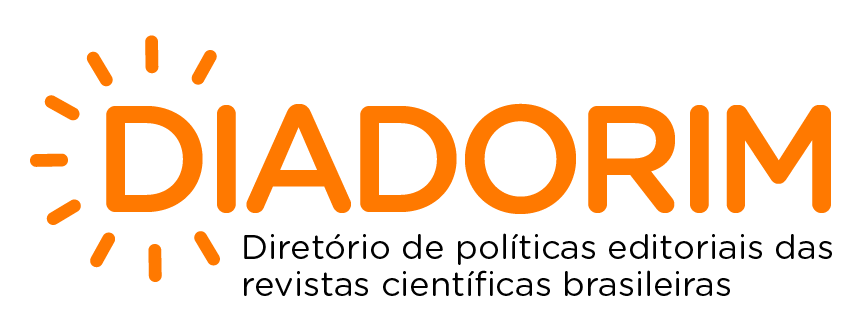Impacto do ensino remoto na saúde mental dos universitários durante a pandemia do COVID-19.
Keywords:
Anxiety, pandemics, depression, distance learningAbstract
OBJETIVO: Analisar o impacto do ensino remoto na saúde mental dos universitários durante a pandemia do COVID-19.
MÉTODOS: Survey a partir de questionário online.
RESULTADOS: O estudo teve 189 participantes. Mulheres totalizaram 89%, e a média de idade foi de 23,75 anos. O valor médio da escala de Zung foi 45.16, e a maior parte (64.02%) estava dentro da faixa considerada normal. Quase um terço apresentava escores de ansiedade leve e 1.59%, escores de ansiedade grave. As mulheres mostraram maiores valores comparadas aos homens (46.30 ± 10.65, contra 39.86 ± 10.62, p<0.001). A maioria dos participantes morava com os pais durante a pandemia (84.66%) e minoria (2.65%) morava sozinha. Quase um terço relatou maior consumo de álcool no período estudado; com maiores escores comparados aos que não aumentaram a ingesta alcoólica (48.53 ± 10.99 versus 43.56 ± 10.61, p=0.002). Para superar as dificuldades no período da pandemia, a música foi associada aos maiores escores e o esporte, os menores. Os universitários que viviam sozinhos tiveram maiores scores, comparados aos que viviam acompanhados.
CONCLUSÃO: O período da pandemia de COVID-19 trouxe uma piora no perfil psicológico dos estudantes universitários durante o ensino a distância. Mulheres e alunos que aumentaram consumo alcoólico tiveram piores escores.
DESCRITORES: Ansiedade, Depressão, COVID-19, Pandemia, Ensino remoto.
ABSTRACT
OBJECTIVE: To analyze the impact of remote teaching on the mental health of university students during the COVID-19 pandemic.
METHODS: Survey using an online questionnaire.
RESULTS: The study had 189 participants. 89% were women, and the average age was 23.75 years. The mean value of the Zung scale was 45.16, and most (64.02%) were within the range considered normal. Almost a third had mild anxiety scores and 1.59% had severe anxiety scores. Women showed higher values compared to men (46.30 ± 10.65 compared to 39.86 ± 10.62, p<0.001). The majority of participants lived with their parents during the pandemic (84.66%) and a minority (2.65%) lived alone. Almost a third reported higher alcohol consumption in the period studied; with higher scores compared to those who did not increase their alcohol intake (48.53 ± 10.99 versus 43.56 ± 10.61, p=0.002). To overcome difficulties during the pandemic, music was associated with the highest scores and sport with the lowest. University students who lived alone had higher scores compared to those who lived with others.
CONCLUSION: The COVID-19 pandemic has worsened the psychological profile of university students during distance education. Women and students who increased their alcohol consumption had worse scores.
DESCRIPTORS: Anxiety, Depression, COVID-19, Pandemic, Remote education.










